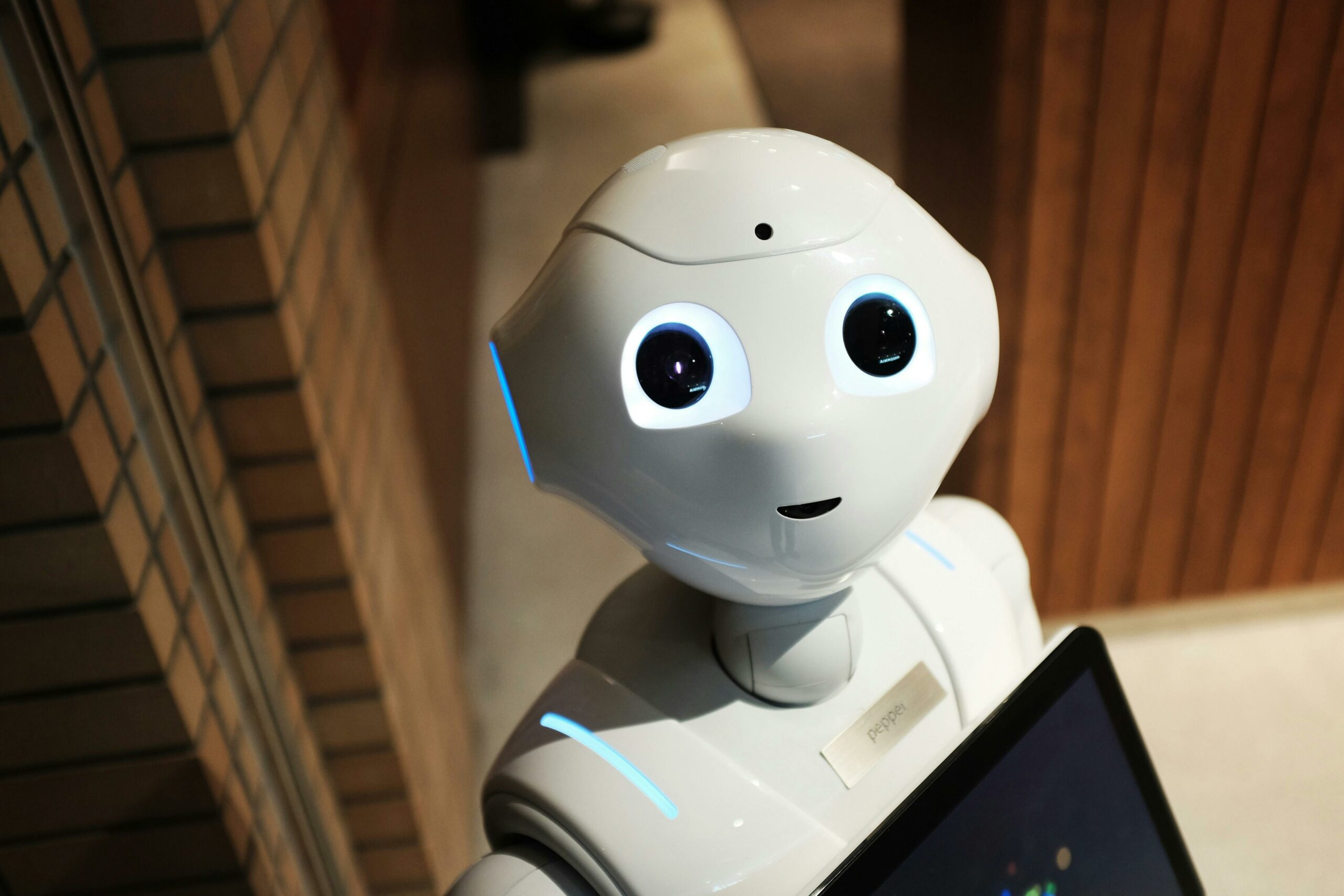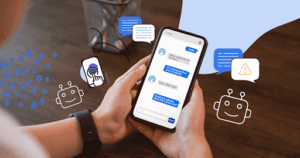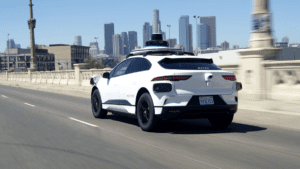The Future of AI
Nov 2024

Key Technological Advances and Trends Shaping 2025
Artificial Intelligence (AI) is evolving at a rapid pace, with breakthroughs in recent years leading to unprecedented advancements across sectors. As we look toward 2025, the potential future of AI to transform industries, streamline operations, and elevate personal experiences is immense.
This blog explores some of the most significant technological advances in AI today and the trends we can expect to see by 2025.
Major Technological Advances in AI
Natural Language Processing (NLP) and Understanding
NLP has made incredible strides, with systems now able to understand and generate human language more accurately than ever. Large language models (LLMs), like GPT-4 and other advanced successors, have pushed the boundaries of conversational AI, allowing machines to interact in more natural, contextually relevant ways. By 2025, we can expect AI to achieve an even deeper comprehension of context, nuance, and intent, making interactions smoother and highly personalised. This will benefit sectors like customer service, healthcare, and education, where understanding and responding effectively to human queries is crucial.
Chatbots are a great example of the future of AI using NLP – read this article about the best chatbots.

Computer Vision and Robotics
Advances in computer vision have empowered AI with the capability to “see” and interpret visual data. From autonomous vehicles to medical imaging, computer vision has a wide range of applications. In robotics, this capability is pivotal, enabling machines to navigate and interact with physical spaces intelligently. By 2025, AI-powered robots may become commonplace in warehouses, hospitals, and even homes, handling complex tasks and interacting with humans safely and efficiently.
Have you seen the new autonomous car from Waymo? This is the future of AI!

Trends to Watch for in 2025
- Personalised AI Experiences
As AI becomes more adept at analysing individual preferences, personalised AI experiences will become the norm. From tailored recommendations in shopping and streaming to customised learning modules in education, AI will increasingly cater to individual needs. By 2025, this trend will extend beyond entertainment to healthcare, fitness, and even workplace productivity, where AI assistants could optimise individual workflows. - AI Ethics and Regulation
With AI’s power comes responsibility. As its influence grows, so does the need for ethical guidelines to govern its use. By 2025, we can expect more robust AI regulations globally, addressing issues like data privacy, algorithmic transparency, and bias mitigation. Industry leaders, governments, and academic institutions are already collaborating on frameworks to ensure AI is developed and used responsibly, promoting trust and accountability. - AI-Augmented Creativity and Productivity
AI is set to become a key driver of creativity, assisting artists, writers, and creators in producing new forms of content. In the workplace, AI is already being used to automate repetitive tasks, analyse data, and generate reports. By 2025, AI tools will be more accessible and sophisticated, augmenting human creativity and enhancing productivity across fields. This shift could lead to hybrid teams where humans and AI systems work seamlessly together. - Edge AI and IoT Integration
Edge computing enables AI to process data closer to where it’s generated, reducing latency and enhancing data privacy. By 2025, AI on the edge will be pivotal in managing Internet of Things (IoT) devices, from smart homes to connected cities. This integration will foster real-time decision-making and greater autonomy for devices, opening up new possibilities in transportation, logistics, and urban management.
To summarise
The future of AI is brimming with potential, poised to transform industries, improve human experiences, and address complex global challenges. With advancements in NLP, computer vision, healthcare, and personalised AI experiences, 2025 promises to be a milestone year for artificial intelligence. However, the ethical and regulatory landscape will play a significant role in shaping this future. As we continue to innovate, striking a balance between technological progress and responsible use will be key to unlocking AI’s full potential.
Exciting things are coming for 2025.
